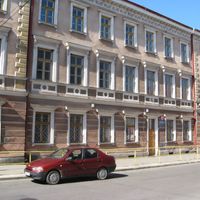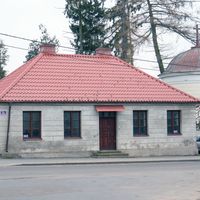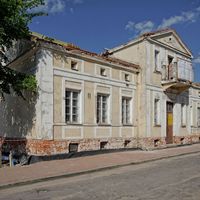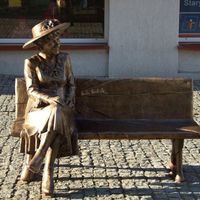Łomża
7.34
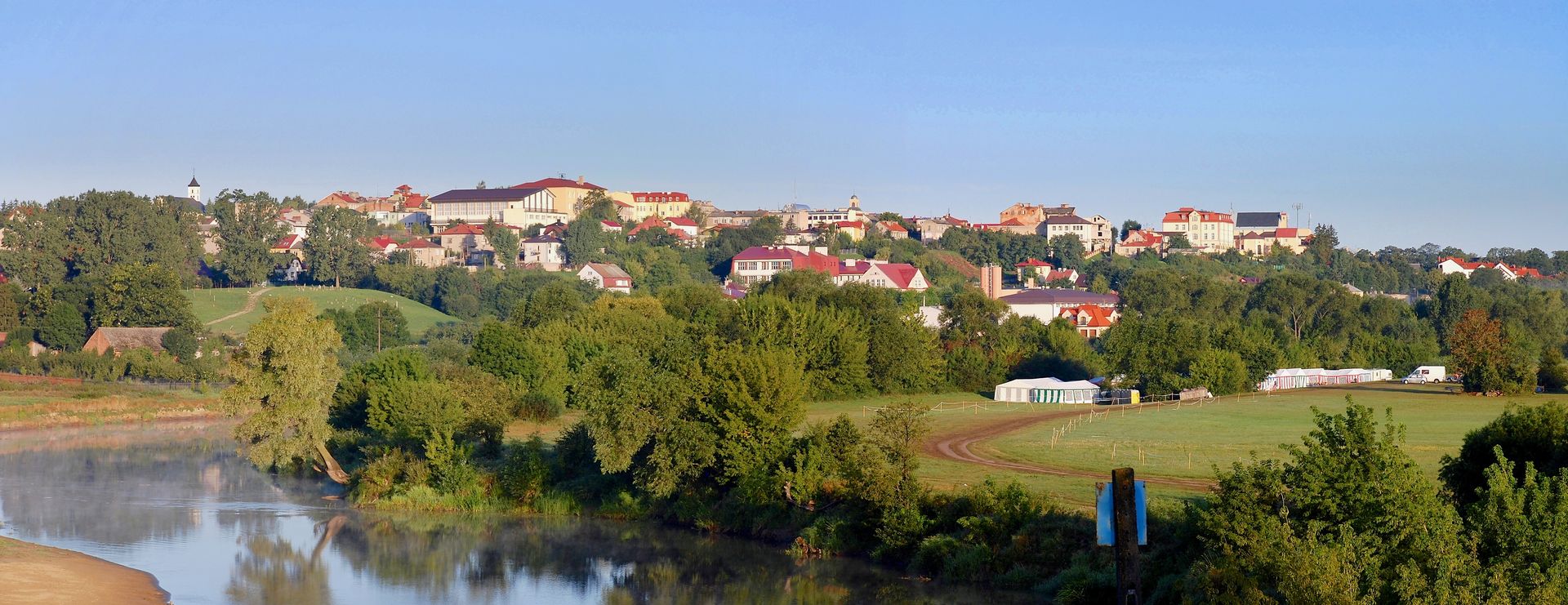
Overview
Łomża, a city with county rights in northeastern Poland, is located in the Podlaskie Voivodeship. Situated on the Narew River, it boasts a rich historical heritage dating back to the Middle Ages, when it was an important center of Mazovia. The city holds the status of a royal town, served as the capital of the former Łomża Land, and was the site of local diet assemblies. Among its architectural treasures are the late Gothic St. Michael's Cathedral, the Baroque church and monastery of the Capuchin Fathers, and the Benedictine Sisters' monastic complex. The historic urban layout of the Old Town, preserved despite wartime destruction, is listed as a heritage site.
Łomża's culture thrives through various events, such as the International Theater Festival "Walizka" and the "Sacrum et Musica" Festival. The city is also home to numerous associations that nurture local traditions and arts. Known for its multi-ethnic heritage, Łomża was the site of Józef Piłsudski's conversion to Lutheranism. An interesting fact is that the city was awarded the Order of the Banner of Labor, 2nd Class, for its contribution to building socialism.
Economically, Łomża develops through the food industry, electronics, and brewing, while social life revolves around numerous sports clubs and cultural institutions. Despite historical turbulence, Łomża has retained its unique charm, standing as a modern center with a rich history and tradition.
Location
Tickets
Powered by GetYourGuide
2026 Wizytor | All Rights Reserved
